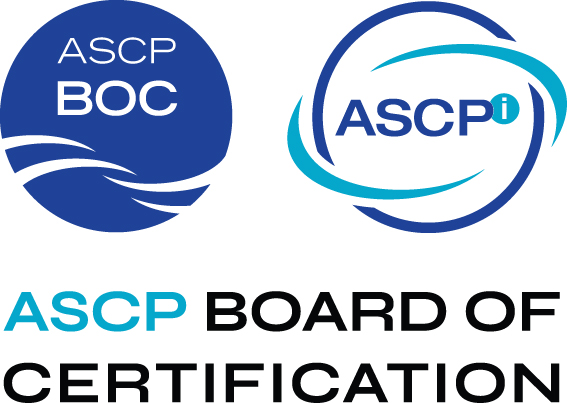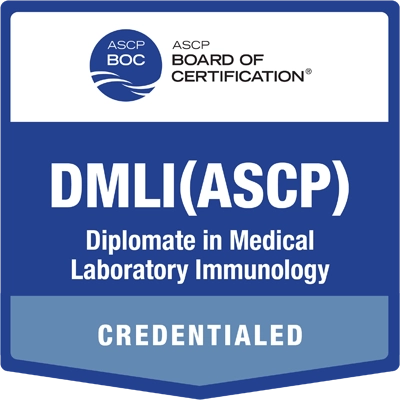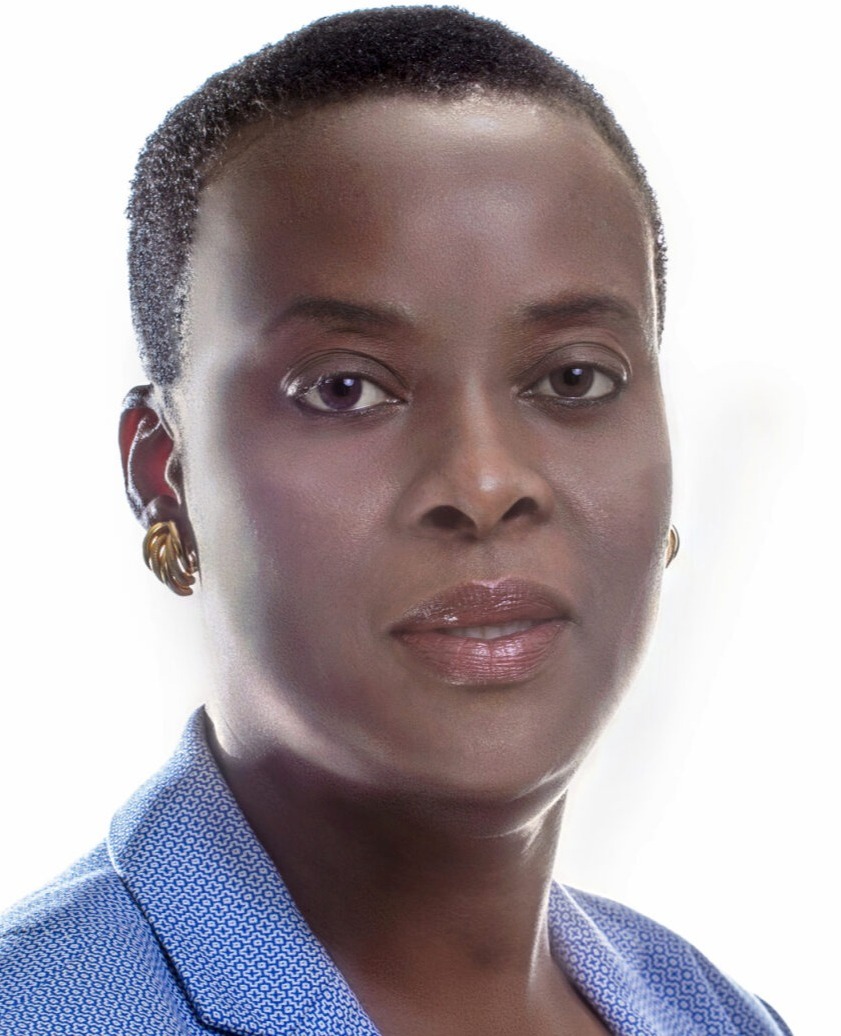Obtain certification and advance your career in immunology with our specialized credential.
Directs a high complexity clinical immunology laboratory or clinical laboratory performing immunology, flow cytometry, or molecular assays. Provides oversight for test selection, evaluation, development, validation, and implementation. Responsible for appropriate test interpretation and consultation with health care providers. Certified individuals may also be involved in laboratory and medical education, research and development, quality assurance, and regulatory aspects of clinical and diagnostic immunology.
Each credential has specific eligibility requirements. It’s your responsibility to confirm that your education, training, and/or experience meet the criteria. Submit the correct documentation with your application. Once submitted, the category and route of application cannot be changed.
Check Your EligibilityAn applicant must be able to verify that they meet all eligibility requirements, including education, training, and/or experience. For complete information, see the Documentation section of the website.
Education does not need to be from the United States. Details are available by reviewing the webpage titled Acceptable Education, also available in the routes below.
To be eligible for this examination category, an applicant must satisfy the minimum requirements (for degrees, the stated degree or higher) of at least one of the following routes:


Doctorate& from an accredited (regionally or nationally) college/university,
AND successful completion of a CPEP-approved program in medical laboratory immunology that must be documented on this CPEP Training Documentation Form.
&Doctorate = PhD in immunology, biology, chemistry, immunohematology, microbiology, or equivalent OR DrPH, MD, DO MBBS, or MBChB if special training and experience is approved by the Medical Laboratory Immunology Examination Committee. A foreign degree must be equivalent to a U.S. degree which will be determined by an acceptable transcript evaluation.
Doctorate^ from an accredited (regionally or nationally) college/university,
AND 3 years of full-time acceptable post-doctoral training, research experience, and/or supervisory experience relevant to medical laboratory immunology in an acceptable laboratory$ within the last 6 years. All experience must be completed post-doctorate and must be documented on this Experience Documentation Form.
^Doctorate = PhD in immunology, biology, chemistry, immunohematology, microbiology, or equivalent OR DCLS, DrPH, MD, DO, MBBS, or MBChB if special training and experience is approved by the Medical Laboratory Immunology Examination Committee. A foreign degree must be equivalent to a U.S. degree which will be determined by an acceptable transcript evaluation.
$Acceptable Clinical Laboratory:
CMS CLIA certificate of registration, compliance, accreditation;
OR DoD CLIP certificate of registration, compliance, accreditation;
OR JCI accreditation;
OR accreditation under ISO 15189;
OR CAP;
OR ASHI;
OR other laboratory accreditation approved by the Medical Laboratory Immunology Examination Committee.
Experience
To fulfill the experience requirement for Diplomate in Medical Laboratory Immunology examination, you must have laboratory experience, within the time frame required, in the following areas:
Immunologic Techniques - The applicant must have experience in 3 of the 5 areas:
Cell function assays
Electrophoresis techniques
Flow cytometry
Immunoassays
Molecular techniques
Immunodiagnosis and Clinical Correlations - The applicant must have experience in 5 of the 7 areas:
Allergic diseases
Autoimmune diseases
Histocompatibility/immunogenetic and transplant immunology
Immunodeficiency disorders (primary and secondary)
Infectious disease
Inflammation
Tumor immunology/hematologic disorders
Clinical Laboratory Management and Operations - The applicant must have experience in ALL of these areas:
Laboratory administration (e.g., financial, service operations, personnel, quality management, regulatory compliance and lab accreditation, safety programs and practices)
Quality control and quality assurance
Test development, validation, and implementation
Doctorate^ from an accredited (regionally or nationally) college/university,
AND 2 years of full-time acceptable pre-doctoral supervisory experience relevant to medical laboratory immunology in an acceptable laboratory$,
AND 2 years of full-time acceptable post-doctoral training, research experience, and/or supervisory experience relevant to medical laboratory immunology in an acceptable laboratory$ within the last 5 years that must be documented on this Experience Documentation Form.
^Doctorate = PhD in immunology, biology, chemistry, immunohematology, microbiology, or equivalent OR DCLS, DrPH, MD, DO, MBBS, or MBChB if special training and experience is approved by the Medical Laboratory Immunology Examination Committee. A foreign degree must be equivalent to a U.S. degree which will be determined by an acceptable transcript evaluation.
$Acceptable Clinical Laboratory:
CMS CLIA certificate of registration, compliance, accreditation;
OR DoD CLIP certificate of registration, compliance, accreditation;
OR JCI accreditation;
OR accreditation under ISO 15189;
OR CAP;
OR ASHI;
OR other laboratory accreditation approved by the Medical Laboratory Immunology Examination Committee.
Experience
To fulfill the experience requirement for Diplomate in Medical Laboratory Immunology examination, you must have laboratory experience, within the time frame required, in the following areas:
Immunologic Techniques - The applicant must have experience in 3 of the 5 areas:
Cell function assays
Electrophoresis techniques
Flow cytometry
Immunoassays
Molecular techniques
Immunodiagnosis and Clinical Correlations - The applicant must have experience in 5 of the 7 areas:
Allergic diseases
Autoimmune diseases
Histocompatibility/immunogenetic and transplant immunology
Immunodeficiency disorders (primary and secondary)
Infectious disease
Inflammation
Tumor immunology/hematologic disorders
Clinical Laboratory Management and Operations - The applicant must have experience in ALL of these areas:
Laboratory administration (e.g., financial, service operations, personnel, quality management, regulatory compliance and lab accreditation, safety programs and practices)
Quality control and quality assurance
Test development, validation, and implementation
Route 1 Initial Application Fee: $460
Routes 2,3 Initial Application Fee: $585
Examination Fee (all): $500
Note: Once submitted, fees are non-refundable
You must upload the appropriate documentation form when you apply online, verifying that you meet the training and/or experience requirements for your category and route of application. You will also need to submit an acceptable transcript or transcript evaluation verifying that you meet the academic requirements. Gather your documents before submitting your application and application fee.
Once you have confirmed that you meet the requirements and have gathered your documents, submit your online application.
 |
In early 2026, the ASCP BOC will launch digital badging through Credly, a trusted provider that increases the visibility of ASCP BOC credential holders by securely showcasing and sharing professional credentials. Learn more about digital badges.
